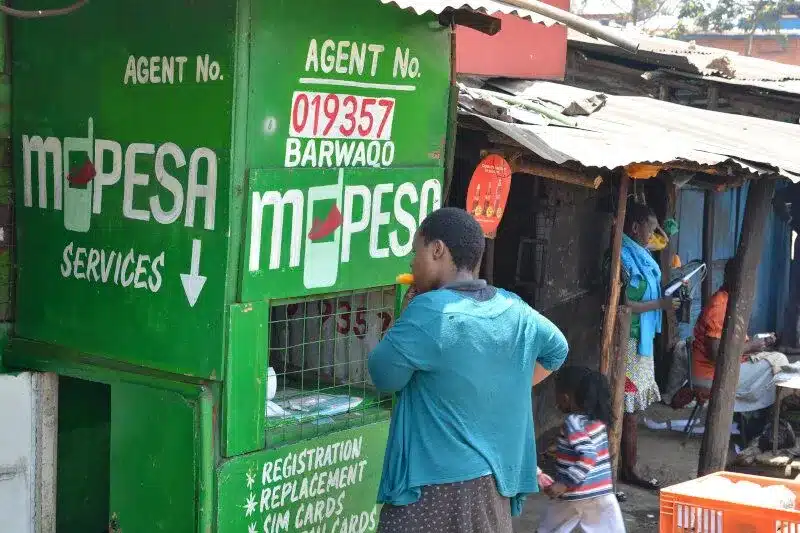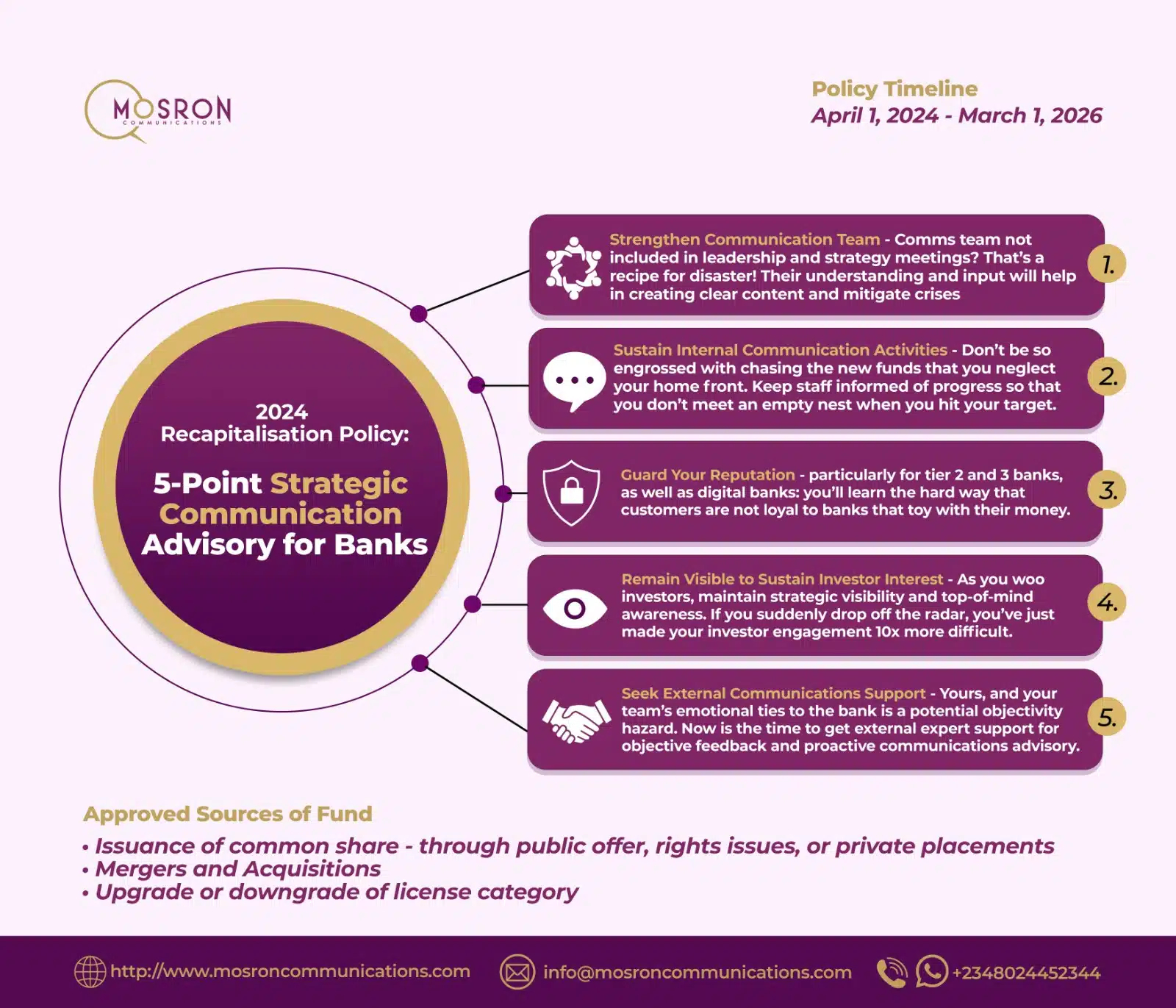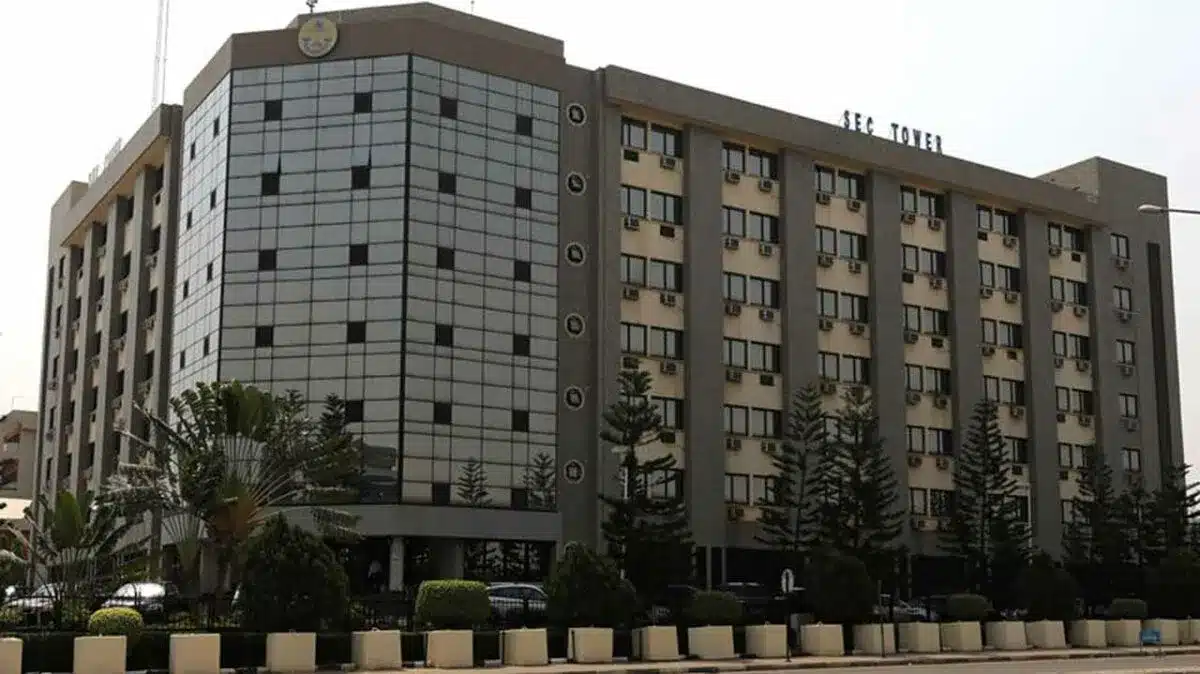The news:
- Kenyan lawmakers have renewed their efforts to force Safaricom, the country’s largest telecommunications company, to separate from M-PESA, its highly profitable mobile money service.
- The push comes from the reintroduction of the 2022 Information and Communications (Amendment) Bill, which aims to create two separate entities, allowing for more regulatory scrutiny and reducing Safaricom’s market dominance.
- This bill had previously stalled in parliament after minimal support, with only two lawmakers backing it.
If passed, the bill’s proposed changes would legally require Safaricom to split M-PESA into a standalone business, a move that Safaricom has consistently resisted.
M-PESA, which had 31.3 million active users between March 2023 and March 2024, processed a staggering $312 billion (KES 40.2 trillion) in transactions during that period.
Given its immense power, Kenyan legislators and regulators believe that separating the businesses is critical for fair competition and better regulatory oversight.
The bill states, “A person may engage in any other business provided that such person shall legally split or separate the telecommunications business from such other businesses.”
Despite this push, Safaricom has defended its integrated business model, stating that the current structure adds value for shareholders. However, its competitors MTN and Airtel Africa have split their telecom and mobile money services.
In 2021, Airtel Money was separated from Airtel’s telecom business, and it quickly became the fastest-growing division. MTN Group followed suit, making similar moves that eventually led to a $5.2 billion deal with Mastercard.
Safaricom’s CEO, Peter Ndegwa, remains unconvinced about the benefits of a split, suggesting that separating M-PESA would neither enhance the company’s valuation nor meet Safaricom’s financial needs.
Additionally, Safaricom has cited concerns over a potential tax liability should the split occur. The company claims it could face a KSh 75 billion ($582 million) tax bill, a figure higher than its 2023 net profit of KSh 52.48 billion ($407.24 million) if the restructuring goes through.
Despite the resistance, the Central Bank of Kenya (CBK) has been pushing for the split to improve its regulation of M-PESA transactions.

Victoria Fakiya – Senior Writer
Techpoint Digest
Stop struggling to find your tech career path
Discover in-demand tech skills and build a standout portfolio in this FREE 5-day email course
Currently, the CBK oversees M-PESA while the Communications Authority of Kenya (CA) regulates the telecom operations. A split would allow the CBK to exercise more direct control over M-PESA, furthering its goal of improved oversight in the mobile money sector.
As the debate continues, Safaricom has announced plans to establish a holding company (Holdco) by 2025 to consolidate its various business units, including M-PESA, under one umbrella.
This restructuring could offer a compromise while maintaining its current integrated model.











